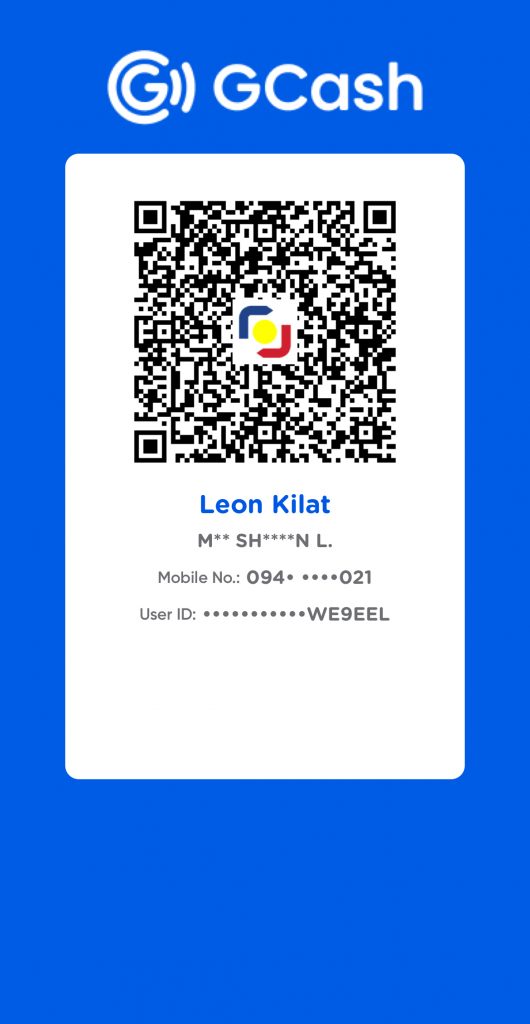Smartphones are used extensively throughout the travel process — from getting inspiration on where to go, to planning, booking, actual traveling and even after the trip, according to a study by Google Inc. and Ipsos Media CT. The study, “The 2014 Traveler’s Road to Decision,” is an update to a similar research in 2013 and was released last year.
Mobile is critical at all stages of travel and influences booking decisions, the study said.
According to the study, 67 percent of leisure travelers use smartphones at all stages, 31 percent for getting trip inspiration, 27 percent for research, 14 percent for booking, 50 percent for the actual traveling and 37 percent for post-traveling.
Among business travelers, smartphone use in travel is higher at 78 percent at any phase, 39 percent for travel inspirations, 36 percent for research, 28 percent for purchase and booking, 54 percent for traveling and 42 percent for post-traveling.
The study also showed that most travelers — 65 percent of leisure and 69 percent of business travelers — turn to the web early in the travel process, saying they “begin researching online before they decided where or how they want to travel.”

Eighty-three percent of travelers rely on social networks and video sites like YouTube for travel inspiration while 61 percent use search engines and 42 percent travel review sites and apps.
The study said smartphones are used for travel inspiration in “snacking moments” before the actual planning. These happen in “spare moments such as when waiting and commuting” at 69 percent and while doing other activities such as watching TV and eating, at 56 percent. Among affluent travelers, it is even higher: with 77 percent reporting using smartphones for travel inspirations in spare moments.
In planning for the trip, the Internet is the top source — 74 percent for leisure travelers and 77 percent for business travelers. Way down the list are brochures, travel agents, books, magazines and newspapers. Listed as top planning sources are search engines, which as the top choice of leisure travelers, and hotel sites and apps, the top choice of business travelers.
Most travelers are also undecided on brand and unclear about differences among brands, indicating an opportunity for companies that are able to brand themselves well on digital and mobile.
The study also found that poor mobile experience forced travelers to move elsewhere, giving a negative impact on the brand with 20 percent using a competitor’s website, 15 percent complaining on social media, 13 percent deciding to stop using the brand and 19 percent telling friends and family about it.
Once they are at their destinations, travelers rely heavily on mobile to decide on things, with the majority using search engines via their smartphones. This finding, coupled with Google’s recent algorithm change to make mobile-friendliness a ranking signal for search results, should make mobile the primary consideration in building websites of travel-related properties.
As with any industry, digital — especially mobile — has taken over travel. This will lead to a shakeup that will threaten the incumbents who aren’t able to deal with the changes well.
Max is a journalist and blogger based in Cebu. He has written and edited for such publications as The Freeman, The Independent Post, Today, Sun.Star Cebu, Cebu Daily News, Philstar Life, and Rappler.
He is also a mobile app and web developer and co-founded InnoPub Media with his wife Marlen.

Leave a Reply